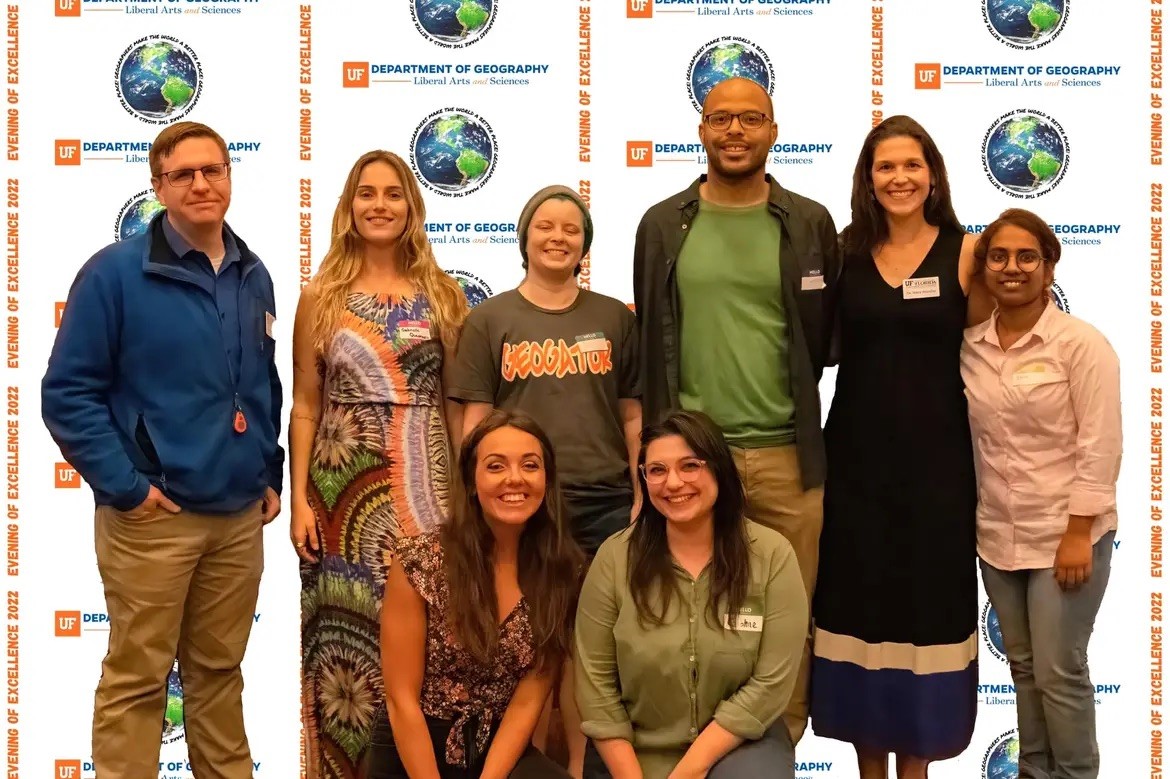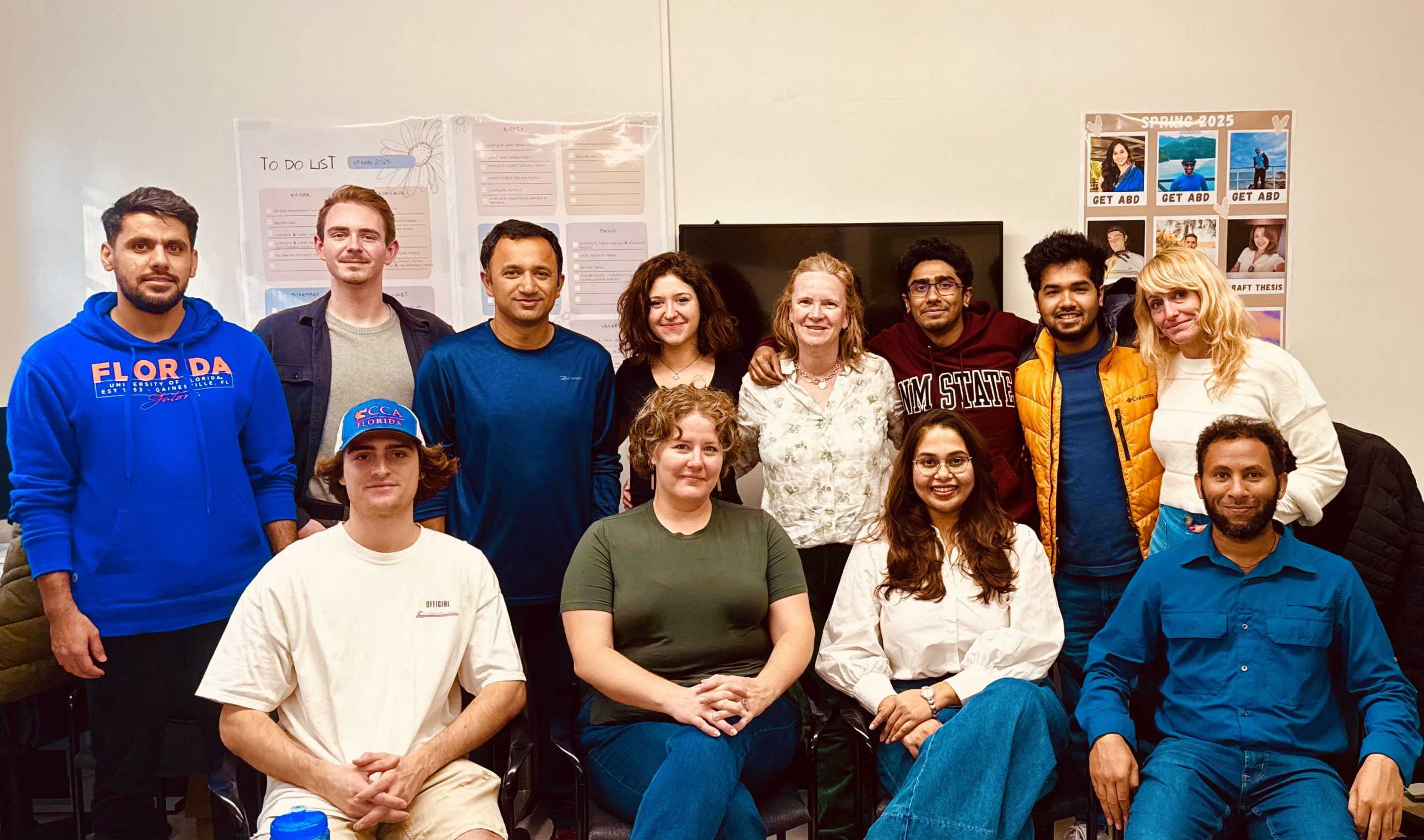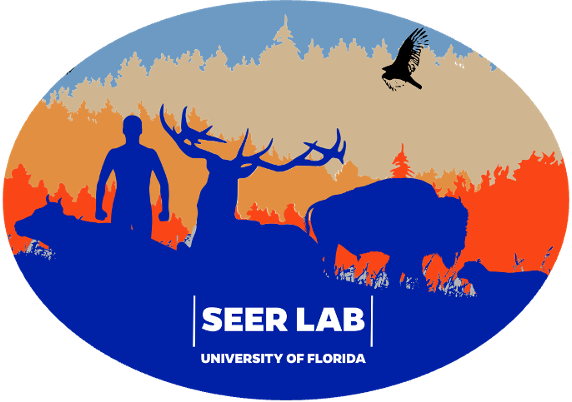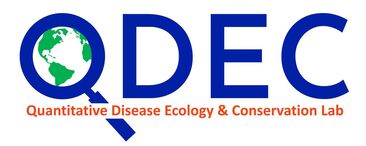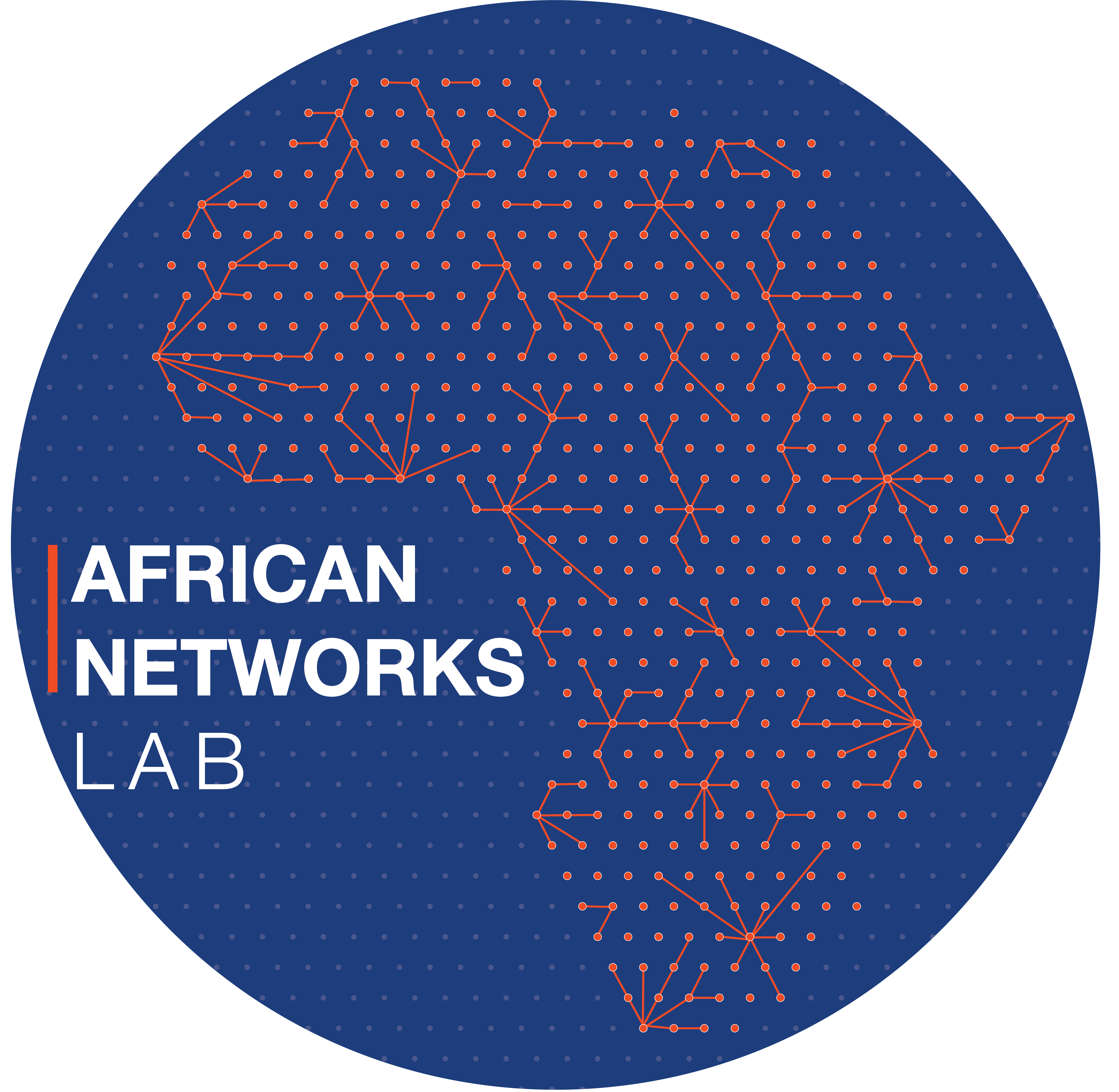
Geography Labs
WATCHES Lab
The Weather Analysis of Tropical Cyclones and Extreme Events (WATCHES) Lab combines the expertise of Dr. Corene Matyas in hurricane analysis, Dr. Esther Mullens in synoptic climatology of precipitating weather systems, and Dr. Berry Wen’s interests in AI and remote sensing for hydrometeorological applications.
The WATCHES lab examines the evolutions of significant precipitating weather hazards, including tropical and extratropical cyclones, thunderstorms, winter storms, and extreme precipitation in a changing climate. We use a combination of high-performance computing, geospatial tools, AI, and remote sensing in our research.
Our lab is a collaborative space equipped with six computers, along with equipment for facilitating presentations, a whiteboard, and conference table/workspace. The lab is for graduate and undergraduate student researchers working on projects with the lab-affiliated faculty.
Related Certificates and Programs
- Meteorology and Climatology Undergraduate Certificate
- Applied Atmospheric Sciences Graduate Certificate
- GEO:AI Undergraduate Certificate
- Bachelor’s Program in Meteorology
CRASH Lab
The Climate Risk and Storm Hazards (CRASH) Lab is a collaborative research group focused on risk, vulnerability, resilience, and adaptation for weather and climate hazards and environmental change.
Our projects focus primarily on locations that experience flood and wind hazards associated with tropical and mid-latitude cyclones, severe thunderstorms, extreme precipitation and streamflow events, and sea level rise. We converge physical and human geographic theories and methods to study human-environment interactions, emphasizing risk assessment and communication, decision-support, and policy implications in pursuit of actionable earth system science.
The CRASH Lab welcomes interest from prospective students and collaborators associated with underrepresented groups in Geography and STEM-related fields.
Related Certificates
- Geospatial Information Analysis Undergraduate Certificate
- GEO:AI Undergraduate Certificate
- Meteorology and Climatology Undergraduate Certificate
- Digital Geography and GIS Graduate Certificate
NASA Lab
The NASA Lab centers around the science of remote sensing and land system science/land change science using Earth observations for interdisciplinary research focused on global environmental change and human-environment interactions.
The lab uses earth observations and RS techniques & application, spatial analysis/statistics, and machine learning to analyze issues/problems including land use and land cover change, climate variability & change, agricultural productivity, food security, natural hazards, forest cover change, global vegetation dynamics, natural resource management and sustainability.
The core focus of the NASA lab is monitoring global environmental change and its relationship with anthropogenic LULCC and climate change and increasing variability, and implications for environmental sustainability and human wellbeing.
Related Certificates
- Geospatial Information Analysis Undergraduate Certificate
- GEO:AI Undergraduate Certificate
- Digital Geography and GIS Graduate Certificate
SEER Lab
The Spatial Epidemiology & Ecology Research (SEER) Laboratory is an interdisciplinary Medical Geography research laboratory jointly housed in the Department of Geography and the Emerging Pathogens Institute at the University of Florida.
SEER Lab is focused on questions addressing the medical geography, ecology, and spatio-temporal patterns of diseases. SEER Lab research is focused primarily on bacterial zoonoses, those bacterial diseases that affect both animals and humans. Additionally, SEER Lab has been working extensively on orbivirus transmission patterns with the UF Cervidae Health Research Initiative (CHeRI).
Toward these research questions, SEER Lab employs spatial modeling, geographic information systems (GIS), remote sensing, and micro- and molecular biology as a tool set. We map outbreaks, model outbreak intensity and timing, and integrate pathogen bioinformatics to understand how pathogen adaptation might affect disease distributions, outbreak timing, and outbreak intensity.
Related Certificates
- Medical Geography Certificate (Undergraduate)
- Medical Geography Certificate (Graduate)
- Geospatial Information Analysis Undergraduate Certificate
- GEO:AI Undergraduate Certificate
- Digital Geography and GIS Graduate Certificate
QDEC Lab
The Quantitative Disease Ecology and Conservation (QDEC) Laboratory is an interdisciplinary Medical Geography research group jointly housed in the Department of Geography and the Emerging Pathogens Institute at the University of Florida.
In QDEC, we work on medical geography and ecology at the human interface, and its implications for disease, conservation, sustainability, and wildlife management. Our research focuses on climate-health issues, vector borne disease modeling, geospatial models of intervention, and quantifying the social-ecological risk of viral emergence and vector borne disease exposure in a changing world. We work with the applied realm, aiming to align our model findings with real-world decision-making frameworks and scales. We seek to inform vector control, surveillance, and guide and engage further research into these systems.
We use methods from landscape ecology (GIS, remote sensing, spatial analyses), quantitative ecology, and epidemiology to analyze landscape change, health outcomes, and the impact of anthropogenic changes, including climate change. We use techniques from the lab to the field to the computer to the white board.
Related Certificates
- Medical Geography Certificate (Undergraduate)
- Medical Geography Certificate (Graduate)
- Geospatial Information Analysis Undergraduate Certificate
- GEO:AI Undergraduate Certificate
- Digital Geography and GIS Graduate Certificate
GeoNAVI Lab
The Geospatial Network Analysis and Visualization (GeoNAVI) Lab is a research group with interests in studying spatial networks in urban settings, such as transportation, human mobility, and accessibility.
Our research is focused on three main areas: (1) Relationships between people’s mobility within cities, (2) Spatial accessibility to opportunities, and how it is affected by natural hazards, and (3) Network flow analysis and optimization of travel patterns. We approach the above research themes by the development and application of GIS, network analysis, and visualization techniques to reveal patterns of individual and group behaviors from both ‘small’ and ‘big’ geospatial data.
Related Certificates
African Networks Lab
The African Networks Lab develops innovative ways to model the social structure and spatial patterns of trade and violent networks in Africa. Our main objective is to combine geographical analysis with social network analysis to show how social networks evolve across time and space.
Our work opens new directions for geographers that are interested in more than the metaphor of the network. We build on numerous research and policy projects conducted since the early 2010s. In 2013, our study of cross-border trade networks pioneered the introduction of social network analysis to the study of borderlands in West Africa. Since then, our team has contributed to map and model the impact of gender, religion, income, borders, cities and ethnicity on trade and violent networks.
Geospatial Digital Informatics (GeoDI) Lab
Di Yang is an Assistant Professor in the Department of Geography at the University of Florida. She is a geographer and programmer focusing on the study of human-environment interactions by using remote sensing images. She is a bridge-builder for closing the gap between the operational uses of scientific remote sensing and GIS techniques and land management practices at the regional scale.
The general theme of her work is to gain a quantitative understanding of the relationships between humans, landscape patterns, and ecological processes. Current projects include early NEON science, geospatial modeling, citizen science, and the applications of Volunteered Geographic Information (VGI) at the macrosystems scale.
Related Certificates
Other Geography Labs
- TUR1215: The Ryan Poehling Graduate Student Lab
- TUR1216: The GeoAI Lab
- TURB107: The STAR Lab

